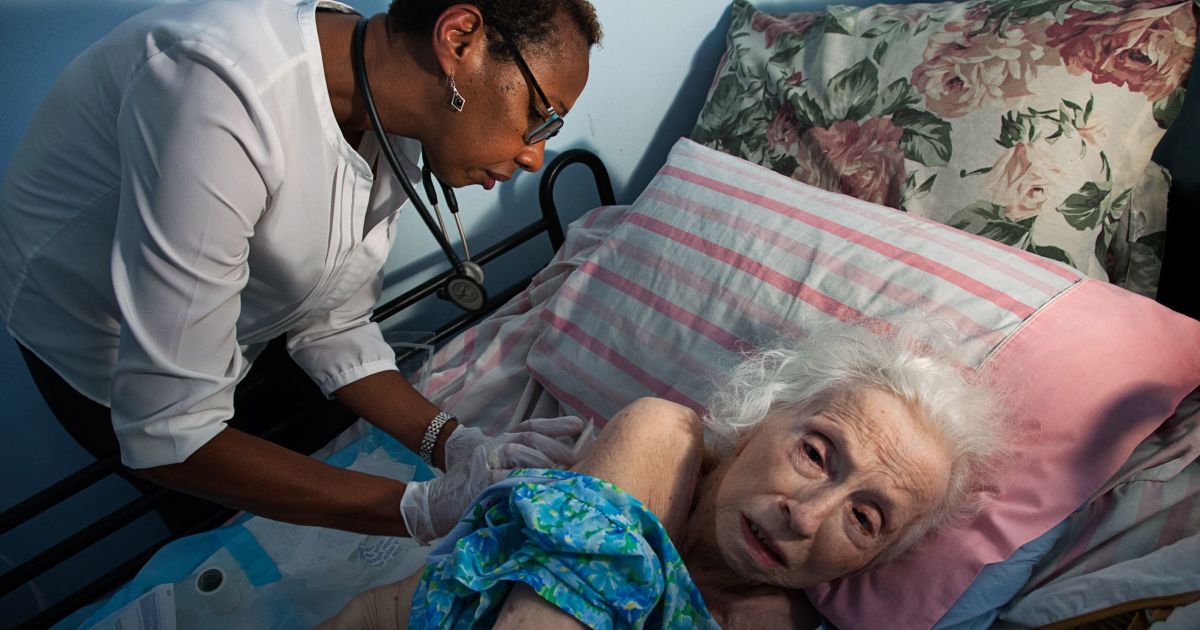
In a recent blog post, Anon456, a former ICU nurse, describes her typical day in the palliative unit. In the midst of paperwork, administration of medicine and providing patient care, Anon456 recognizes what an honor it is to be part of the end-of-life journey.
It’s 0653. I pull up to the hospice unit, clock in, fill my coffee mug, and get my nursing brain printed out. At 0700, I count narcotics and take report on six patients. It’s going to be a busy day, one of those days where I must control the chaos, take the time to support patients, complete as many of the thousand tasks set before me as I can, and be prepared to deal with the unexpected.
I work in a palliative/hospice inpatient unit, a place where patients come when they are in crisis,can’t be cared for at home, or simply have no place else to go. One of my patients today is in indigent man who has no one in the world.We cannot locate his family. We don’t even know his real name. He slipped into a coma yesterday and is non-responsive. We take care of him, call him by the name we think he has, and witness his last hours or days.
Click here to read the full blog post.







